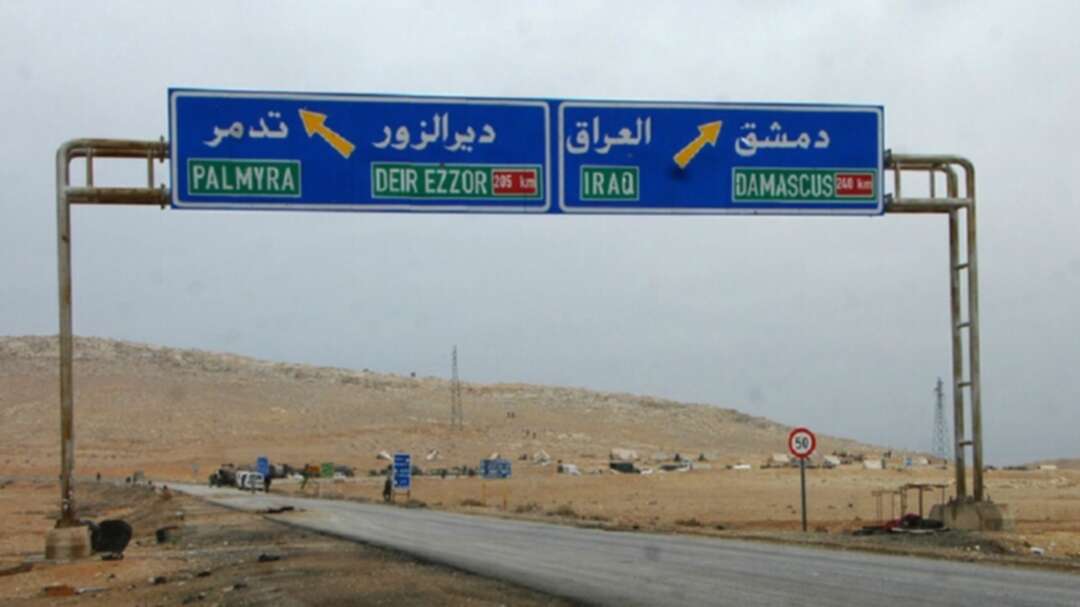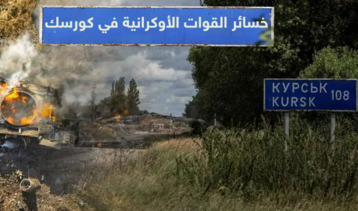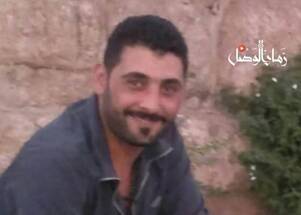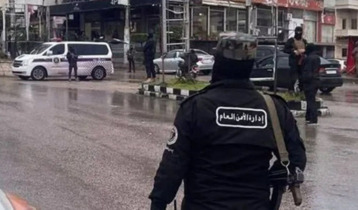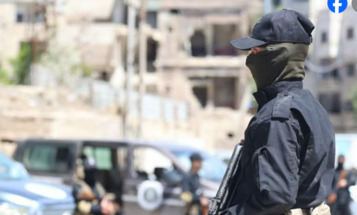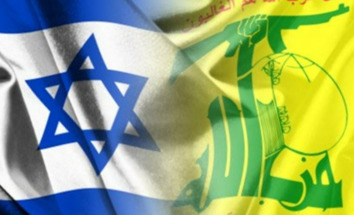-
Tehran Disavows Targeting Netanyahu's Headquarters.. Blames Hezbollah
-
It appears that Iran's attempt to disavow responsibility for the attack aims to avoid direct escalation with Israel, while maintaining its ability to use regional proxies to exert pressure
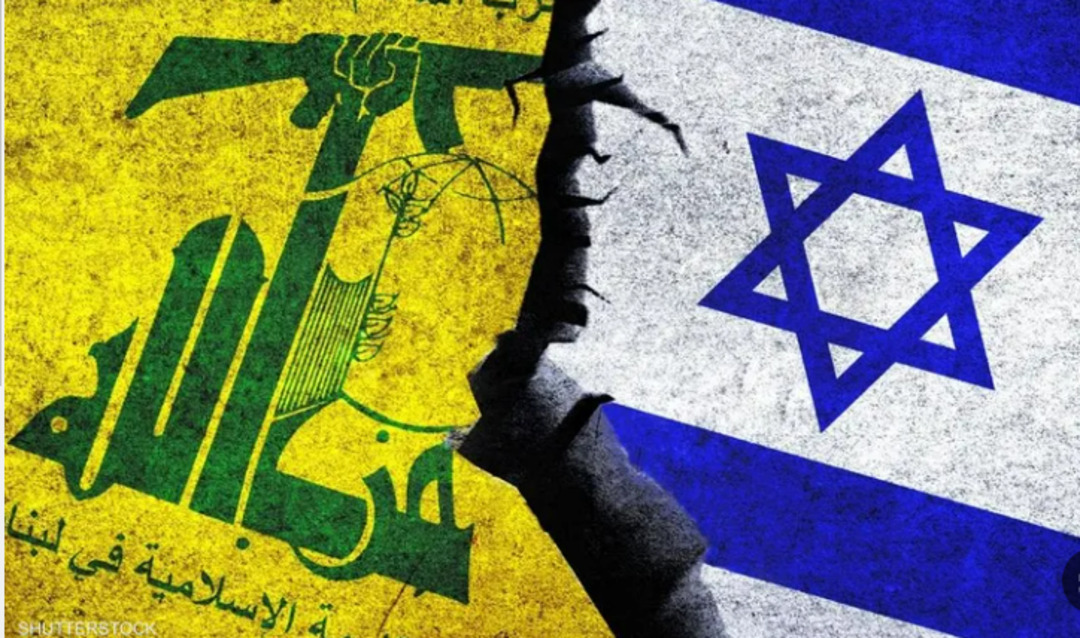
The Iranian mission to the United Nations reported late Saturday evening that the Lebanese Hezbollah is responsible for the attack targeting the headquarters of Israeli Prime Minister Benjamin Netanyahu. The mission emphasized that Tehran has no connection to the operation targeting Netanyahu's home, confirming that it had previously responded to Israel separately.
On the other hand, Israeli media quoted a responsible source claiming that the attempt to target Netanyahu's home with a drone represents an Iranian effort to assassinate him.
This statement comes following an Israeli spokesman's announcement of a drone launch towards the Prime Minister's residence in the town of Caesarea in northern Israel, confirming that Netanyahu was not present at the site during the attack, and no injuries occurred.
In his first comment after the incident, Netanyahu stated: "Nothing can deter us," while the Israeli army clarified that the drone was launched from Lebanon and hit one of the buildings without specifying its identity. The army added that it managed to intercept two additional drones that breached Israeli airspace.
So far, the Iranian-backed Lebanese Hezbollah group, which has been exchanging fire with Israel since October 2023, has not claimed responsibility for the drone attack, nor has any other armed group claimed the operation.
Israeli Channel 13 reported that the Prime Minister's office confirmed that Netanyahu's home was directly targeted by a drone, noting that Netanyahu and his wife were absent from the location at the time of the attack. Other media outlets reported that the police closed the roads leading to the targeted house in Caesarea.
This incident raises questions about the extent of Iran's involvement in military operations against Israel, and its strategy in using regional proxies to carry out attacks while trying to maintain a safe diplomatic distance. It also highlights the complexities of the security landscape in the region, where the interests and roles of various active parties intertwine.
Levant-Agencies
You May Also Like
Popular Posts
Caricature
BENEFIT Sponsors BuildHer...
- April 23, 2025
BENEFIT, the Kingdom’s innovator and leading company in Fintech and electronic financial transactions service, has sponsored the BuildHer CityHack 2025 Hackathon, a two-day event spearheaded by the College of Engineering and Technology at the Royal University for Women (RUW).
Aimed at secondary school students, the event brought together a distinguished group of academic professionals and technology experts to mentor and inspire young participants.
More than 100 high school students from across the Kingdom of Bahrain took part in the hackathon, which featured an intensive programme of training workshops and hands-on sessions. These activities were tailored to enhance participants’ critical thinking, collaborative problem-solving, and team-building capabilities, while also encouraging the development of practical and sustainable solutions to contemporary challenges using modern technological tools.
BENEFIT’s Chief Executive Mr. Abdulwahed AlJanahi, commented: “Our support for this educational hackathon reflects our long-term strategic vision to nurture the talents of emerging national youth and empower the next generation of accomplished female leaders in technology. By fostering creativity and innovation, we aim to contribute meaningfully to Bahrain’s comprehensive development goals and align with the aspirations outlined in the Kingdom’s Vision 2030—an ambition in which BENEFIT plays a central role.”
Professor Riyadh Yousif Hamzah, President of the Royal University for Women, commented: “This initiative reflects our commitment to advancing women in STEM fields. We're cultivating a generation of creative, solution-driven female leaders who will drive national development. Our partnership with BENEFIT exemplifies the powerful synergy between academia and private sector in supporting educational innovation.”
Hanan Abdulla Hasan, Senior Manager, PR & Communication at BENEFIT, said: “We are honoured to collaborate with RUW in supporting this remarkable technology-focused event. It highlights our commitment to social responsibility, and our ongoing efforts to enhance the digital and innovation capabilities of young Bahraini women and foster their ability to harness technological tools in the service of a smarter, more sustainable future.”
For his part, Dr. Humam ElAgha, Acting Dean of the College of Engineering and Technology at the University, said: “BuildHer CityHack 2025 embodies our hands-on approach to education. By tackling real-world problems through creative thinking and sustainable solutions, we're preparing women to thrive in the knowledge economy – a cornerstone of the University's vision.”
opinion
Report
ads
Newsletter
Subscribe to our mailing list to get the new updates!


